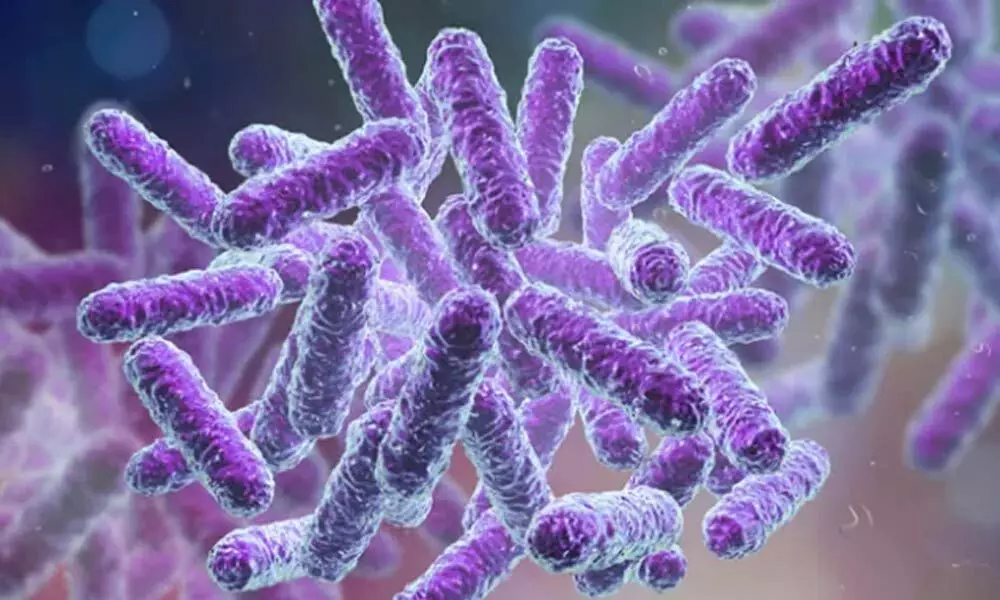Live
- 12-yr-old dies of electrocution
- Installation of smart meters opposed
- State Cabinet expansion in focus as CM leaves for Delhi
- Need to reintroduce country’s forgotten pride: Bhagwat
- Pant shatters Iyer's IPL auction record, sold to Super Giants for Rs 27 cr
- Yuva Sangeetha Sammelanam held
- Dharani proves a bane for 25K families across State
- Reckless, Dangerous Arms Race
- Russia needs a peace deal as it is running out of soldiers
- MyVoice: Views of our readers 25th November 2024
Just In
All you need to know about 'Shigella infection' reported in Kerala


All you need to know about 'Shigella infection' reported in Kerala
Shigella infection which claimed the life of an 11-year-old boy in Kozhikode district of Kerala has triggered panic among the public. The state officials put North Kerala on high alert after 20 suspected cases of the infection were reported on Saturday.
Shigella infection which claimed the life of an 11-year-old boy in Kozhikode district of Kerala has triggered panic among the public. The state officials put North Kerala on high alert after 20 suspected cases of the infection were reported on Saturday. The infection is said to be spread through water and food.
The 20 people who were admitted to the hospital showcases symptoms of mild diarrhoea and fever. Health officials said that the infection can be kept at bay by maintaining good hygiene. However, the people who experience the kind of symptoms are advised to go through all the tests.
Here is all you need to know about Shigella infection
1. The infection, known as Shigellosis is caused by the bacteria called Shigella
2. Symptoms include diarrhoea, fever, stomach cramps which can last for seven days. Treatment is generally done through antibiotics, which can shorten the duration of the illness.
3. Shigella infection could be spread from one person to another person through various means — even after the infected person is cured of diarrhoea. Sexual contact with those infected can also cause the disease.
4. Small number of bacteria make a person ill
5. Spread through contaminated food, water
6. Presence of the bacteria is generally confirmed through a stool test.
7. Infection can be prevented by practising proper hygienic methods like in the case of COVID-19. Washing hands can be prevented through virus spread.
8. The bacteria can spread through surfaces like touching an infected surface and then touching the mouth, but also from eating food prepared by someone carrying the infection.
9. People of all ages can get infected, however, children are more susceptible to the infection. People who are travelling are also vulnerable to the infection as they may get exposed to contaminated water during travelling. Sexual contact with those infected can also cause the disease.

© 2024 Hyderabad Media House Limited/The Hans India. All rights reserved. Powered by hocalwire.com






